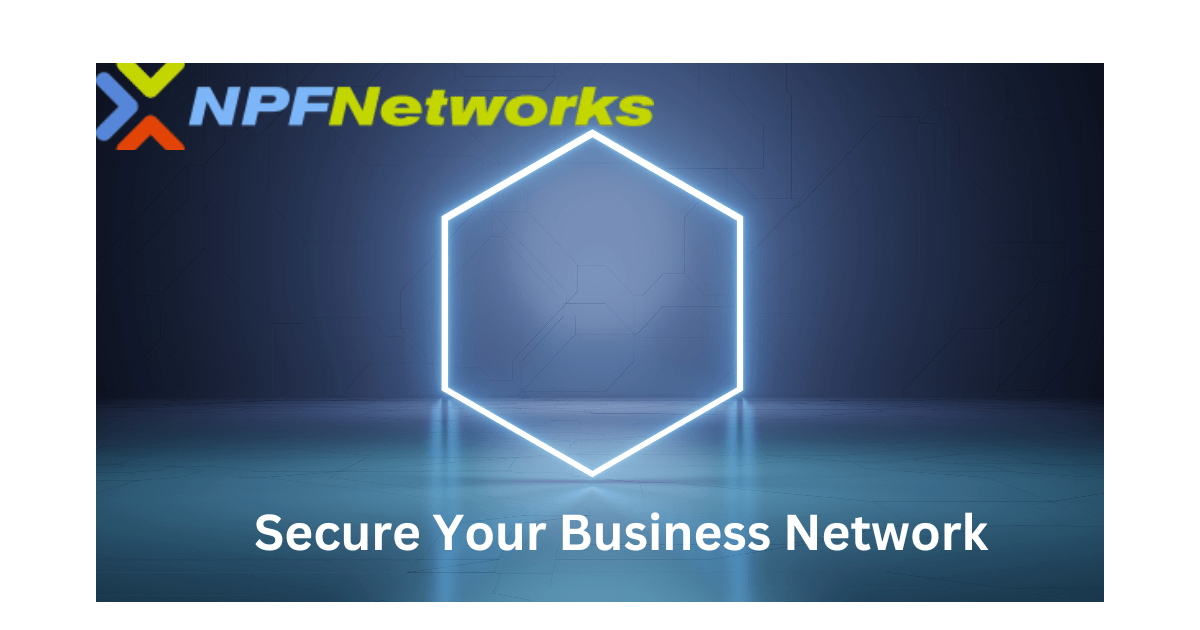In today’s interconnected world, securing your business network is more critical than ever. Cyber threats are constantly evolving, and businesses in Denver are no exception. A robust network security strategy can safeguard your sensitive data, ensure business continuity, and protect your reputation. Here’s a comprehensive guide from NPF Networks on how to secure your business network in Denver.
1. Conduct a Network Security Audit
The first step in securing your business network is to understand its current state. A network security audit identifies vulnerabilities and assesses the effectiveness of your existing security measures. This audit should cover:
- Hardware and software inventory: Know what devices and software are connected to your network.
- Vulnerability assessment: Identify potential weaknesses in your system.
- Access controls: Review who has access to what parts of your network.
2. Implement Strong Access Controls
Access controls are vital in preventing unauthorized access to your network. Here are some best practices:
- Multi-factor authentication (MFA): Require users to verify their identity through multiple methods.
- Role-based access control (RBAC): Limit access based on the user’s role within the company.
- Regular password updates: Enforce strong, unique passwords that are changed regularly.
3. Use Firewalls and Intrusion Detection Systems
Firewalls and intrusion detection systems (IDS) are essential for monitoring and controlling incoming and outgoing network traffic. They help detect and prevent potential threats before they can cause harm.
- Configure firewalls: Ensure your firewall settings are up to date and properly configured to block unauthorized access.
- Deploy IDS/IPS: Use intrusion detection and prevention systems to monitor network traffic for suspicious activity.
4. Keep Software and Systems Updated
Regularly updating your software and systems is crucial for protecting against known vulnerabilities.
- Automated updates: Enable automatic updates for your operating systems and applications.
- Patch management: Develop a patch management strategy to ensure timely updates for all network components.
5. Educate and Train Employees
Your employees are often the first line of defense against cyber threats. Providing them with regular training on security best practices can significantly reduce the risk of a security breach.
- Phishing awareness: Teach employees how to recognize and avoid phishing scams.
- Secure device usage: Educate staff on the importance of securing their devices, especially when working remotely.
- Incident response: Train employees on how to respond in case of a security incident.
6. Implement Data Encryption
Encrypting your data ensures that even if it is intercepted, it cannot be read without the proper decryption key. Implement encryption for:
- Data at rest: Encrypt stored data on servers, databases, and devices.
- Data in transit: Use encryption protocols like SSL/TLS to protect data as it travels across the network.
7. Backup Your Data Regularly
Regular data backups are essential for ensuring business continuity in case of a security breach or data loss.
- Automated backups: Set up automated backups to run on a regular schedule.
- Offsite storage: Store backups in a secure, offsite location to protect against physical damage or theft.
- Test restores: Regularly test your backup restoration process to ensure it works correctly.
8. Monitor and Respond to Security Incidents
Continuous monitoring of your network allows you to detect and respond to security incidents promptly.
- Security information and event management (SIEM): Use SIEM tools to collect and analyze security data in real-time.
- Incident response plan: Develop and implement a comprehensive incident response plan to quickly address and mitigate security threats.
Securing your business network in Denver requires a proactive and comprehensive approach. By following these steps, you can significantly enhance your network security and protect your business from cyber threats. NPF Networks is here to help you every step of the way, providing expert guidance and support to ensure your network remains secure.
For more information on securing your business network, contact NPF Networks today at 303-778-9499.







Leave a Reply